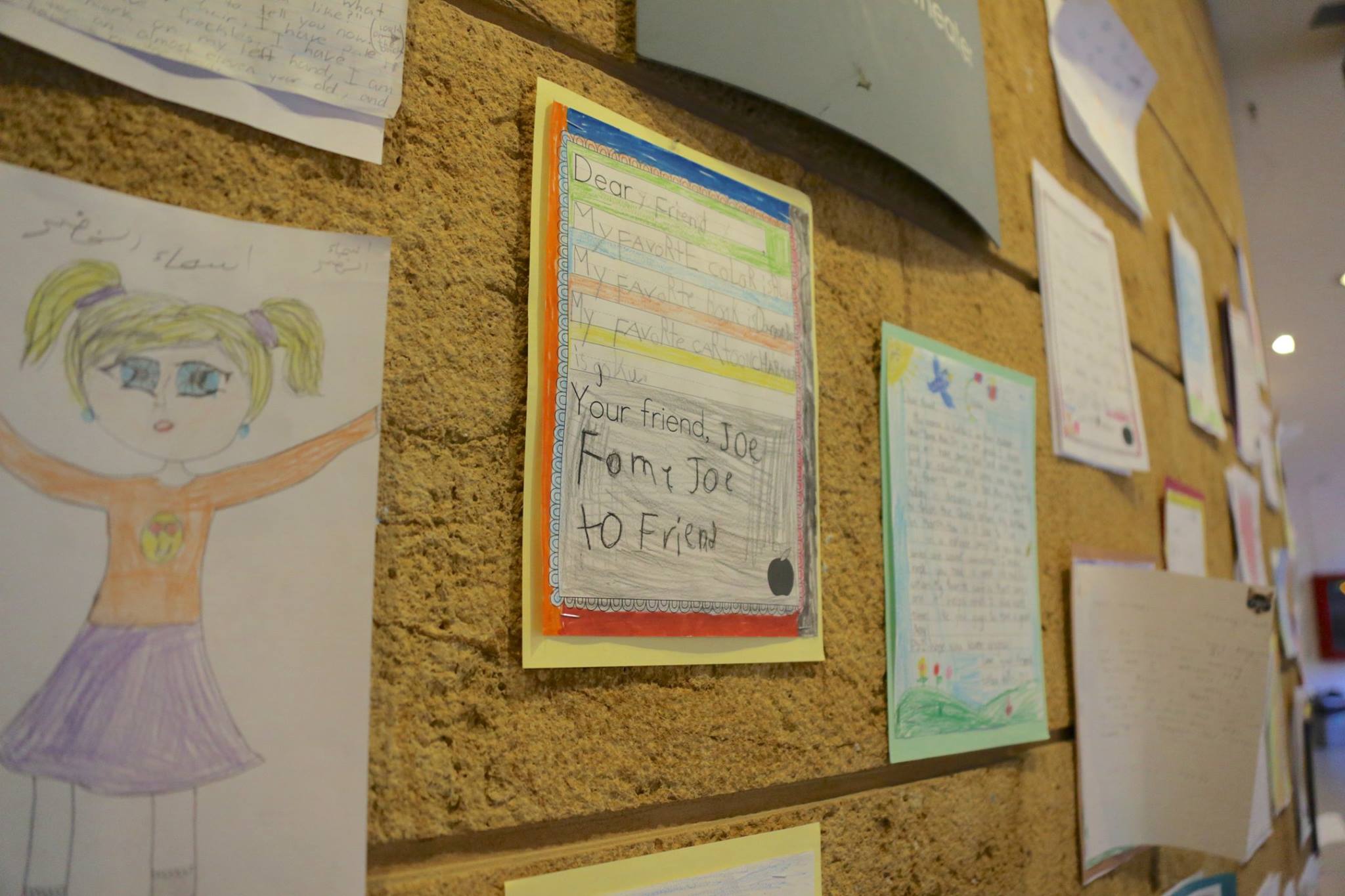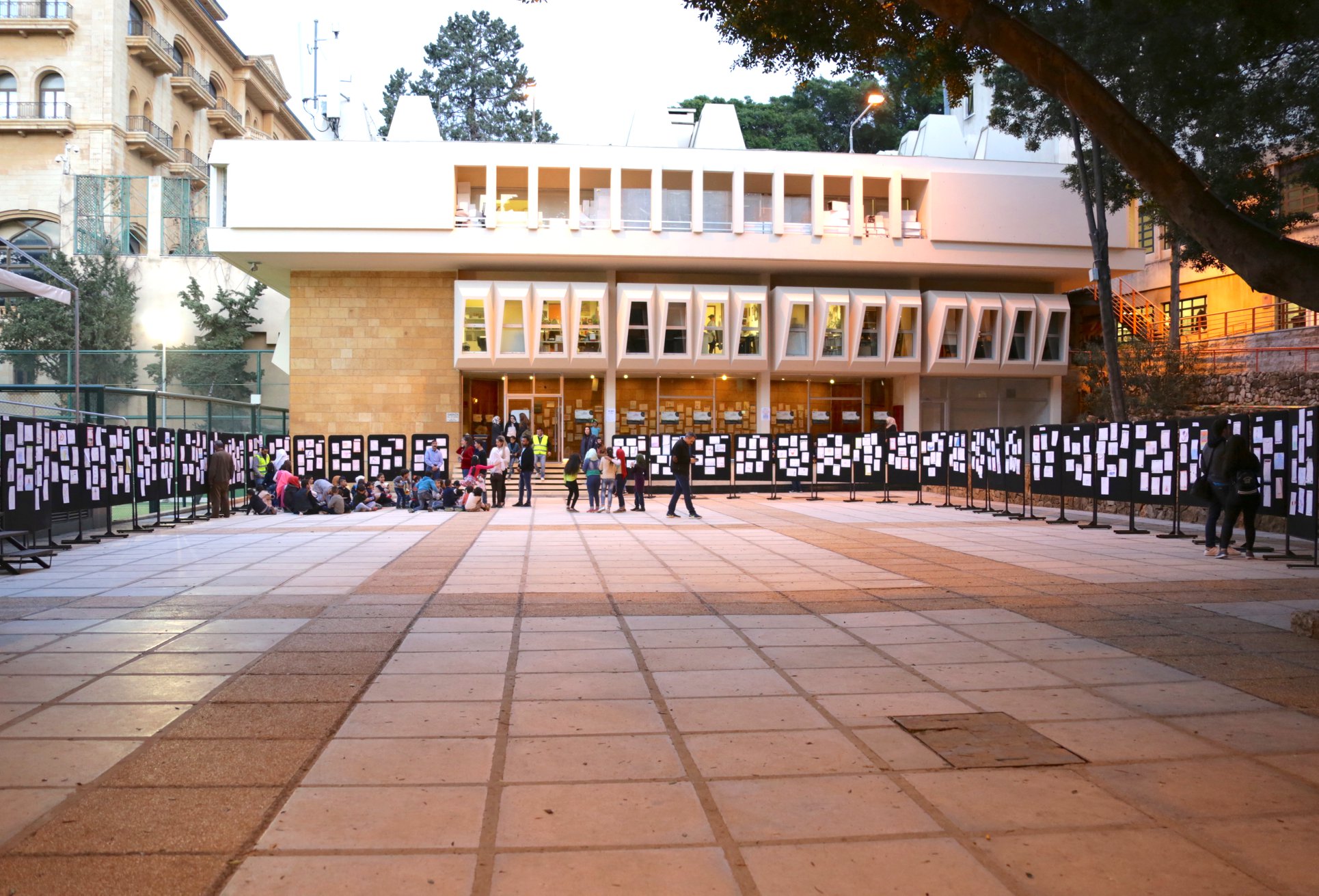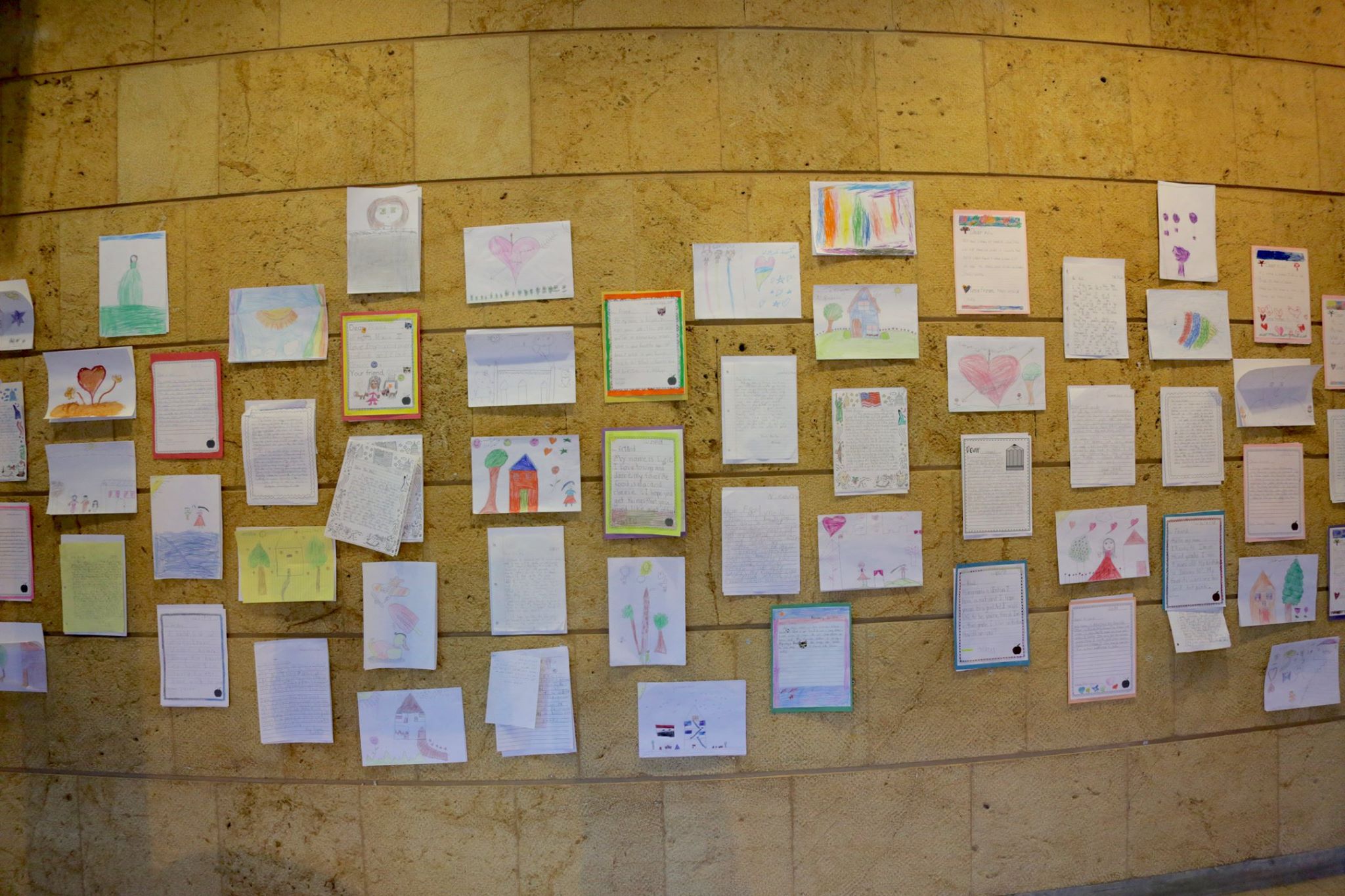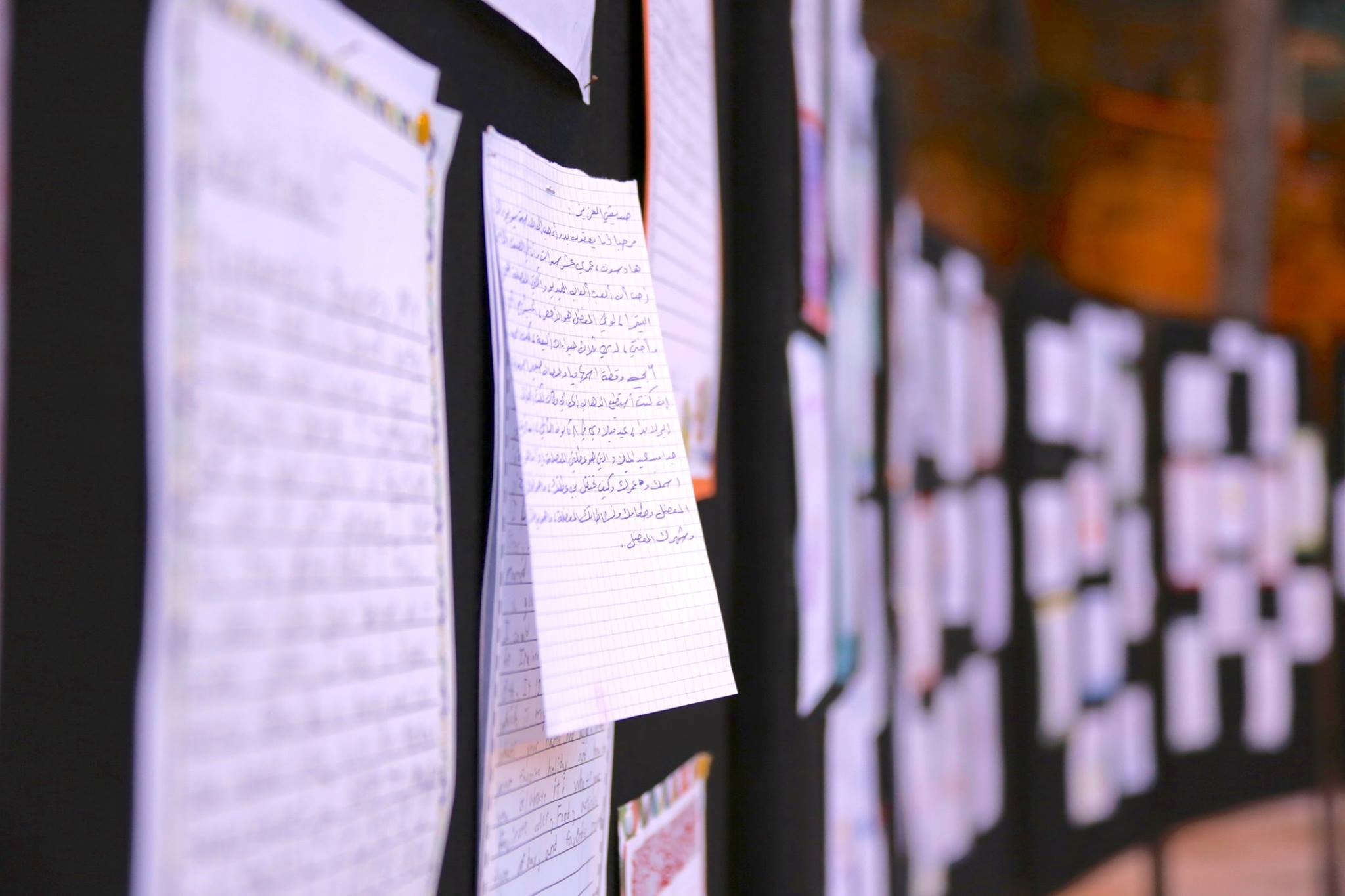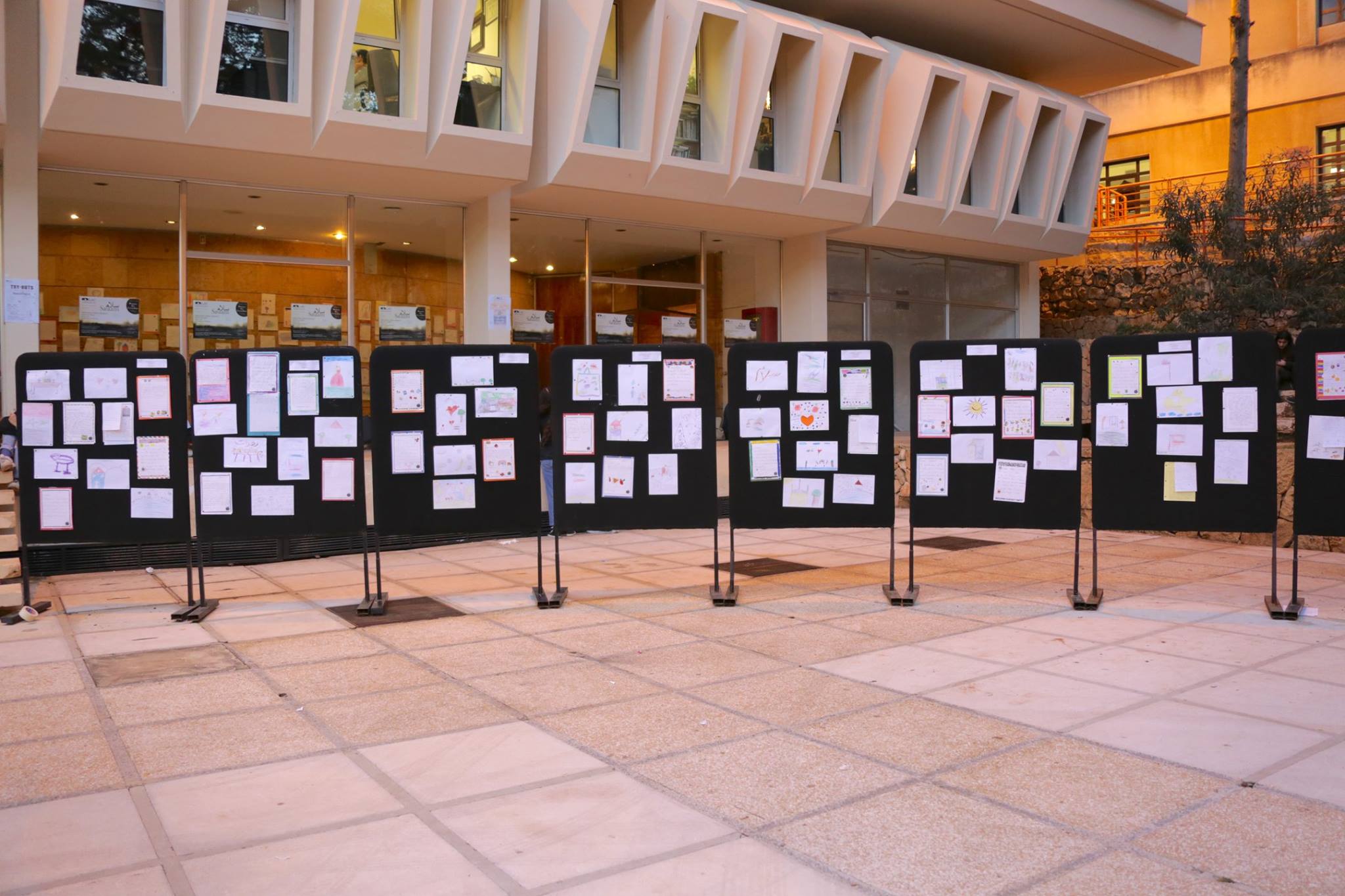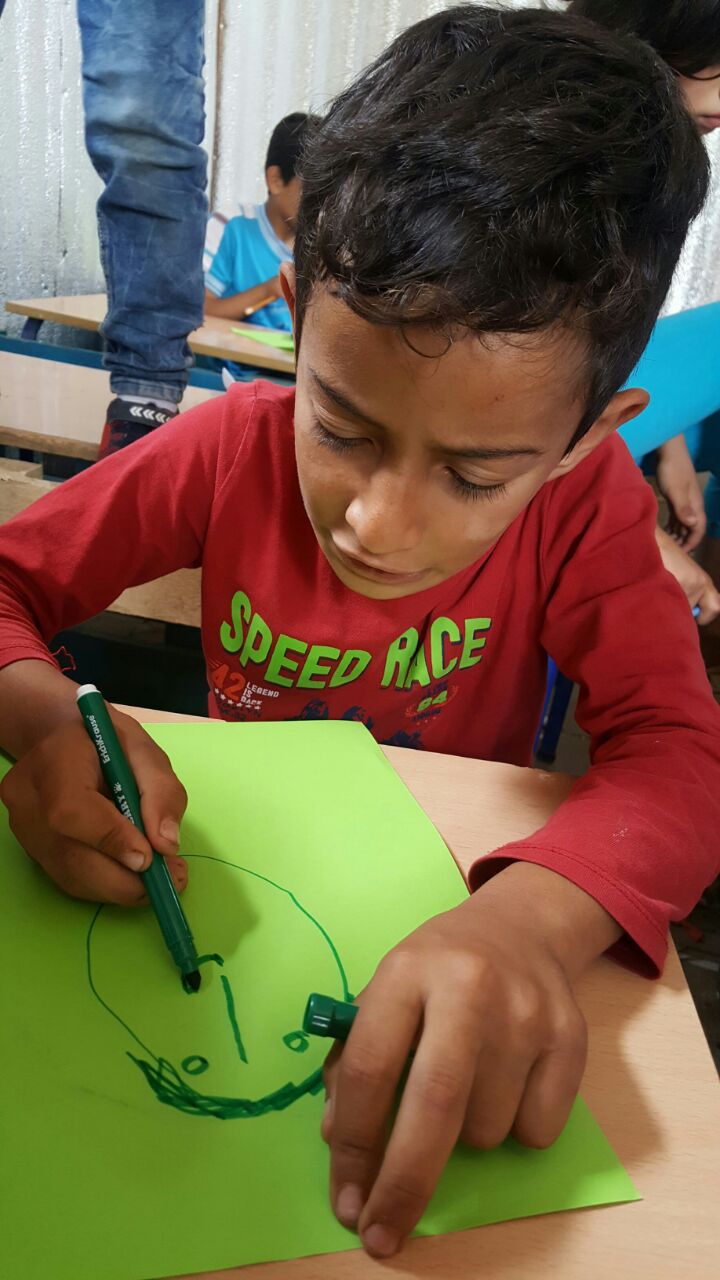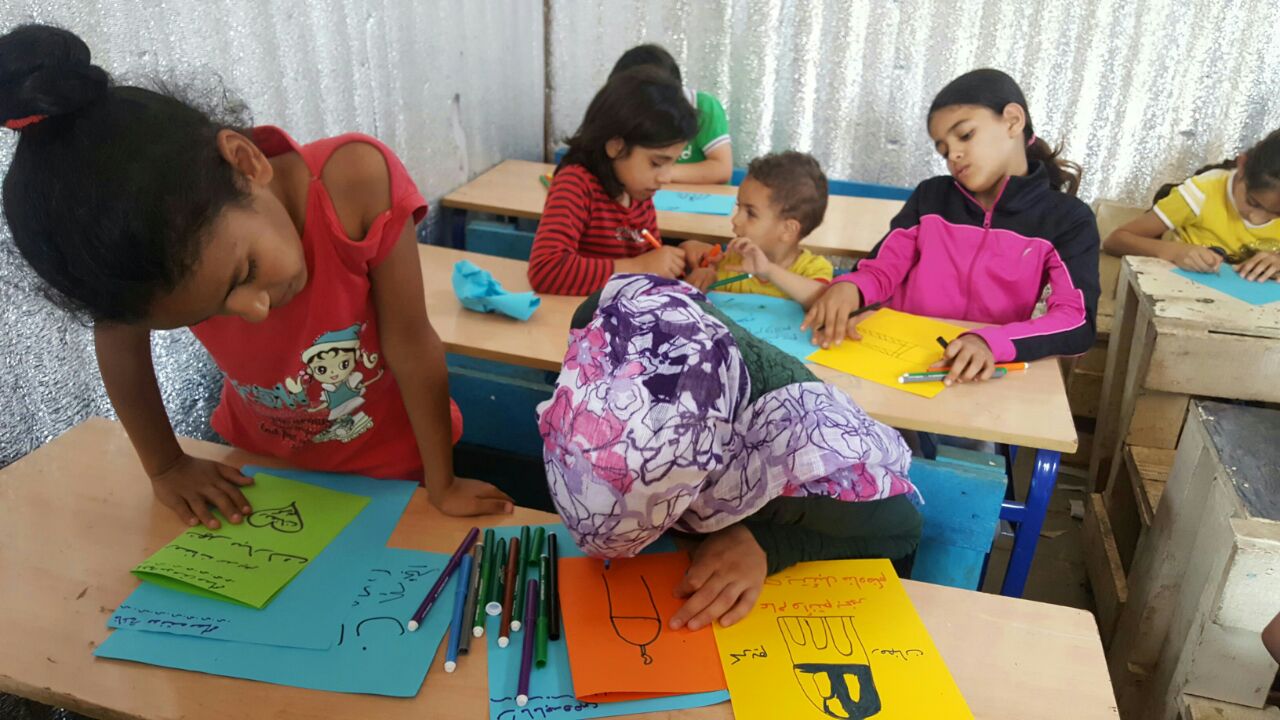There are over 1.5 million Syrian refugees including 600,000 children, living in 2,000 makeshift camps across Lebanon.
The children living in Syrian refugee camps crave education and without it, there is high threat of creating a "lost generation".
Educators and students around the world are touched by the plight of refugee children. Many are seeking to connect with these children to learn more about their lives, their dreams, and cultures as well as to share their support for their rights to education.
Help Syria’s Kids connects students across the world with Syrian refugee children to share education and hope, through letters and the development of friendships.
Students hold great hope about their futures and once made aware of the desperate lives of refugee children, turn empathy into seeking ways to make a difference. By engaging meaningful communication between children from diverse backgrounds and cultures, we believe we can inspire their belief in their own abilities, as well as to realize the value they have, to help others to persevere in the world.
Our goal is share education and hope by facilitating Help Syria’s Kids pen pal clubs in hundreds of schools worldwide, to enable students to exchange letters with Syrian refugee children, nurturing reading and writing skills, as well as teaching students understanding for different people and cultures across the world.
“The people who are crazy enough to think they can change the world are the ones who do.”
our first pen-pal exchange was launched in hudson, Ny
5th grade students of Montgomery C. Smith Intermediate School in Hudson, NY and children in Ketermaya, Lebanon met via skype to introduce each other. The first "pen-pal” letters were then written by the 5th grade students in Hudson, NY and hand-delivered to Lebanon where they were translated into arabic and presented to the children of Ketermaya. Children read their letters in makeshift classrooms in Ketermaya, discussing what they learned about each Hudson student, what they had in common and the joy they felt knowing there are other children in the world who care about them and want to help their lives.
Their responses included stories about how they arrived to Ketermaya, what they left behind as well as their new friends living at the camp, hopes, dreams and favorite foods and colors. Children of Ketermaya embellished their letters with drawings and words “I love you” and “thank you for writing me.”
